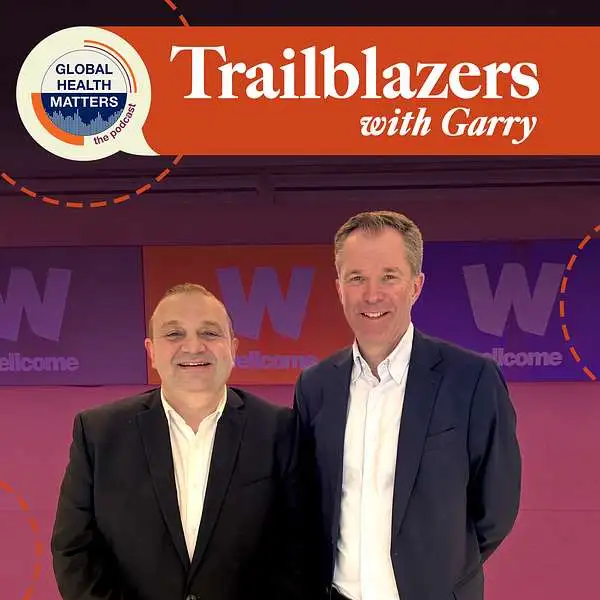
Wellcome CEO Urges Global Health Rethink: ‘Science Alone Is Not Enough’
How did your country report this? Share your view in the comments.
Diverging Reports Breakdown
Wellcome CEO Urges Global Health Rethink: ‘Science Alone Is Not Enough’
John-Arne Røttingen is the CEO of Wellcome, one of the world’s largest global health foundations. He spoke to Garry Aslanyan on the Global Health Matters podcast. He called for more research led by local experts in the Global South. He also urged the global health community to act fast as external funding shrinks and global crises multiply. Click here to listen to the full interview on Trailblazers with Garry AsLanyan, the Health Policy Watch podcast.
Click to share on LinkedIn (Opens in new window)
Click to share on X (Opens in new window)
The world faces a global health funding crisis, but John-Arne Røttingen believes the solution goes beyond money. It lies in stronger partnerships between governments, researchers, and citizens.
“Science is not enough to change the world,” said Røttingen, the newly appointed CEO of Wellcome, one of the world’s largest global health foundations. “It must be allied with collaboration and action across society.”
In a wide-ranging conversation on Trailblazers with Garry Aslanyan, Røttingen spoke about his leadership values, his vision for Wellcome, and the pressing need to rethink how global health is funded and delivered. A former head of CEPI and Norway’s global health ambassador, Røttingen said foundations like Wellcome must act as catalysts—not substitutes—for government and private-sector leadership.
“We need to engage governments more directly,” he said. “Ultimately, it is governments that are responsible for the health of their populations.”
Røttingen emphasized the importance of equity in science, calling for more research led by local experts in the Global South. He described visits to research centres in Malawi, Kenya, and Vietnam, where Wellcome supports programs that combine population health with advanced laboratory science.
But trust is also key.
“We need to double down on trust in science,” he said, citing public skepticism during the COVID-19 pandemic. That includes involving communities more directly in setting research priorities.
“We have to tackle problems that are important to people,” Røttingen added.
Røttingen urged the global health community to act fast as external funding shrinks and global crises multiply.
“We have some good indications of where we should go. We just need to act on them—and bring them to life,” he said.
Listen to previous episodes of the Global Health Matters podcast with Dr Gary Aslanyan on Health Policy Watch.
Image Credits: Global Health Matters Podcast.
